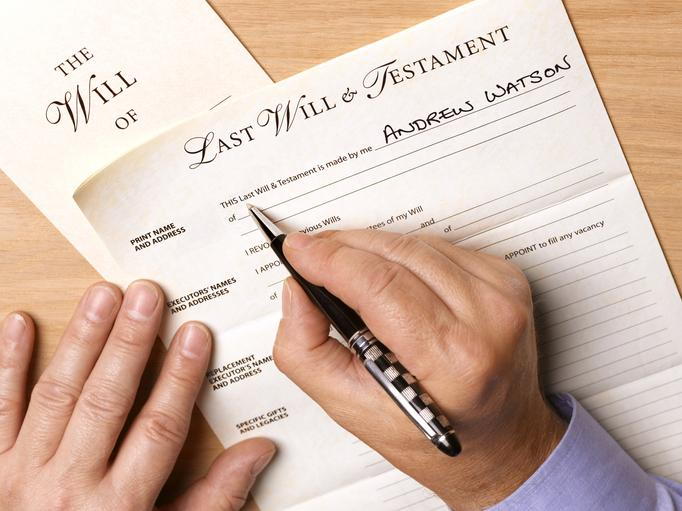
- posted: Nov. 25, 2023
- Estate Planning
If someone close to you has recently died and you have reason to believe their will is invalid, you may be able to bring a contest in probate court. However, will contests in Arizona are complex cases that are difficult to prove. Before undertaking such a challenge, you need to be familiar with all of the legal and procedural requirements.
To begin with, only "interested persons" have the legal right to contest a will. These are people who would inherit from the deceased's estate if the will were invalidated or who would be harmed by the terms of the will. Interested persons include the spouses and children of the deceased; other relatives who would inherit if the will is invalidated; beneficiaries of a prior will and creditors of the estate.
You must have legal grounds for the contest, which means proving the will is in violation of law for one of the following reasons:
- Improper execution or attestation — The person making the will (the testator) must have signed it personally and declared it to be his or her will. Further, two witnesses must have attested that the testator signed the document and made the declaration. If these essential elements cannot be proved, the will is void.
- Lack of testamentary capacity or intent — At the time of execution, the testator must have been at least 18 years of age and of "sound mind," which means having the mental faculties to understand that they were creating a will; the nature, extent and character of their property; and the identity of the family members who would naturally inherit their assets.
- Undue influence — A will is void if the testator created or modified it because of coercion, fraud or another type of undue influence exerted by a third party. Undue influence often involves the financial exploitation of vulnerable or incapacitated seniors.
- Ambiguous, conflicting or ineffectual provisions — A will may be challenged on the ground that certain of its provisions cannot be carried out, such as directions to leave money to a beneficiary who is legally barred from the inheritance. In addition, some of the will’s provisions may be unclear or inconsistent with others in the document. In considering such challenges, a court may strike certain provisions and interpret the will most consistently with the testator’s intent.
Contesting a will requires filing a petition with the probate court, giving the grounds for the contest. The court will schedule a hearing at which you have the burden of proving the will invalid through testimony and other evidence. The proponent of the will, namely the estate representative, has the opportunity to present evidence and testimony in defense of the will’s validity. If the will is found invalid, it will not be probated and the deceased's estate will be distributed under Arizona intestate law.
If you are interested in challenging a will in Arizona, the Law Firm of Joseph M. Udall, PLC in Mesa, can help. For a free consultation, call us at (480) 500-1866 or contact us online.



